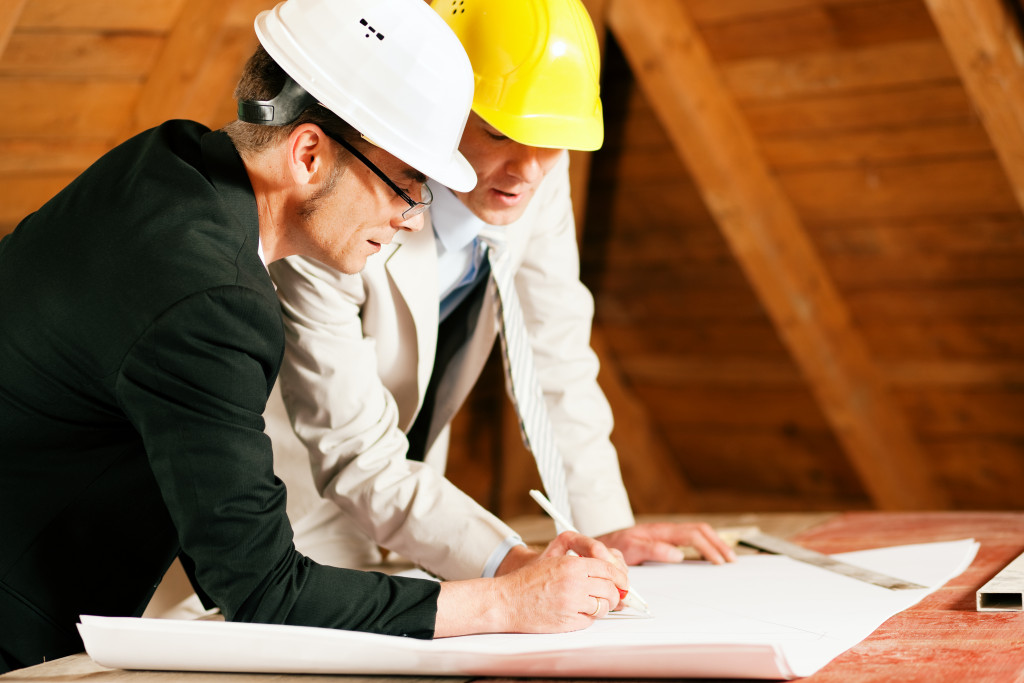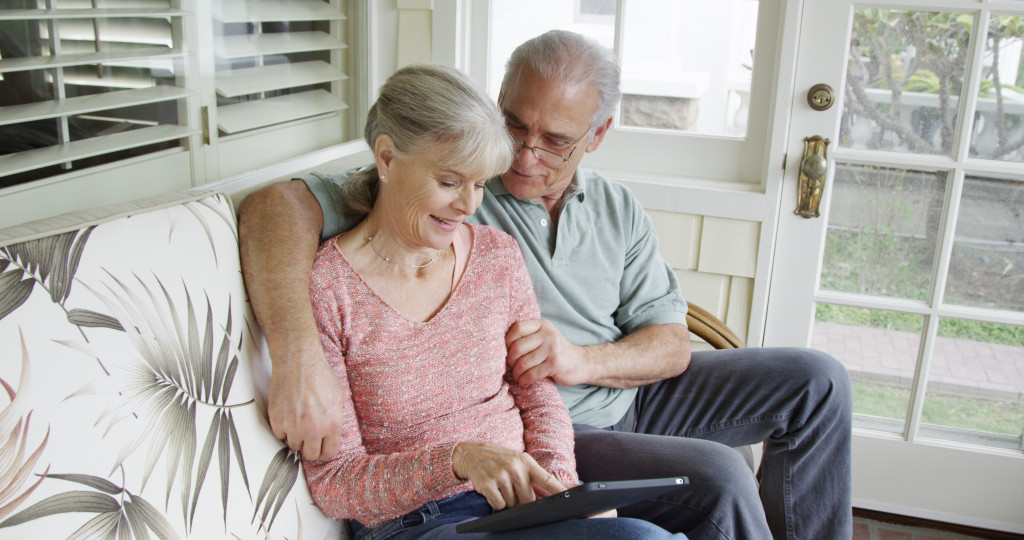As our parents age, it’s essential to think about making their homes safe for them. There are a few potential hazards that are common in many homes that can pose a severe threat to elderly adults.
Common hazards for aging people.
One common hazard in many homes is the potential for falls. This is especially true if there are stairs present. It’s vital to ensure that your elderly parents have a safe way to get up and down any stairs in their home, whether installing a stairlift or simply keeping the area around the stairs clear of obstacles.
Another potential hazard is something called “residual vision.” This happens when someone’s vision deteriorates to the point where they can only see things that are directly in front of them and not off to the sides. This can make it very easy for elderly adults to trip over things or walk into walls and doors. If your parents suffer from residual vision, it’s important to make sure that their home is well-lit and free of any potential hazards that could cause them to trip or fall.
There are also many potential hazards associated with medications. It’s important to make sure that your elderly parents are taking their medications as prescribed and that they understand the possible side effects of any medications they are taking. Many medicines can cause drowsiness, so it’s crucial to ensure that your parents are not operating any machinery or driving while taking them.
Tips to make your parents’ home safe
1. Test your fire damper
A fire damper is a device that helps prevent the spread of fire through ductwork. Testing fire dampers is required in all commercial buildings, and many homes have them. If you’re not sure if your parent’s house has a fire damper, you can ask their heating and cooling contractor to come and check.
2. Install smoke detectors
Smoke detectors are a vital part of any home safety plan. Ensure that your parents have at least one smoke detector on each level of their home, and test them regularly to ensure that they are working properly.
3. Create an emergency escape plan
In the event of a fire, it’s important to have a plan in place so that everyone knows what to do. Draw up a map of your parents’ home and designate two exits from each room. Make sure that all family members know the plan and practice it regularly.
4. Keep flammable materials away from heat sources
One of the leading causes of house fires is the improper storage of combustible materials. Ensure that your parents’ home is clear of any potential fire hazards, such as newspapers and magazines near the fireplace or gasoline stored in the garage.
5. Install carbon monoxide detectors
Carbon monoxide is a colorless, odorless gas that can be deadly. Ensure that your parents have a carbon monoxide detector on each level of their home, and test them regularly to ensure that they are working properly.
6. Test their GFCI outlets
Ground fault circuit interrupters (GFCIs) are particular outlets that help prevent electrical shock. They should be installed in areas where there is a potential for water and electricity to come into contact, like the kitchen or bathroom. Test GFCI outlets monthly to ensure that they are working correctly.
7. Inspect their wiring
Homes with older electrical systems are at an increased risk for fire. Have a qualified electrician inspect your parents’ home to ensure that their wiring is up to code.

8. Install fire extinguishers
Fire extinguishers are a valuable tool for fighting fires. Ensure that your parents have at least one fire extinguisher on each level of their home, and check them regularly to ensure that they are fully charged.
9. Keep matches and lighters out of reach
If your parents smoke, it’s important to make sure that matches and lighters are kept out of reach of children. It’s also a good idea to teach your children how to use a fire extinguisher in an emergency.
10. Keep poisonous materials out of reach
If your parents have any poisonous materials in their home, such as cleaning products or medications, make sure that they are kept out of reach of children.
11. Install a security system
A security system can help deter burglars and give you peace of mind. Make sure that your parents’ home is equipped with a quality security system, and test it regularly to ensure that it is working correctly.
Conclusion
As you can see, it’s essential to take steps to make your parents’ home safe. Safety precautions can give you peace of mind and keep them away from danger. By following the tips in this article, you can help ensure that your parents’ home is a safe and secure place for them to live.

